You can glue down tiles to any surface like the floor, keep moisture out, and give any room a tough, flexible finish with the best tile adhesive types.
For the greatest results when remodeling your kitchen or bathroom, choose the appropriate floor and wall tile adhesive from our selection.
Learn how to select and utilize the appropriate product for any project. Whether you use tile for your walls or your floors, the tile must firmly adhere to the surface beneath it.
Tile adhesive is subject to heavy and constant demands. The expectation for tile adhesive is that it will consistently hold the tile in place for decades, not just years.
It must be simple to use and effective at filling in spaces between the tile as well as the substrate. It cannot heal too quickly because then you won’t have enough time to work.

However, if it dries out too slowly, it takes a very long time to reach the grouting stage. Choosing the best adhesive for your project can be confusing with so many options available for home improvement projects.
There are numerous things to take into account when choosing the best tile glue or adhesive for your project; we have looked in many places to provide you with a streamlined list of tile glue by material to ensure the success of your tile project.
If your tile job is installed correctly, using the right adhesive or tile glue for the specific surface, it will look better and last longer.
The two primary types of tile glue or adhesive are ready-mixed pastes and powdered tile glue or adhesive. However, within these two primary types, there are numerous other subtypes that are used for particular projects or under specific circumstances.
Ready-mixed pastes are sufficient for smaller projects, especially those using smaller-sized tiles, but powdered tile glue should be used when using larger-sized tiles.
Continue reading for a discussion of all the different types of tile glue or adhesive. There are many factors that go into choosing the best tile glue or adhesives for your project.

Thinnest Mortar, first; The most popular adhesive for attaching tile to cement, cement board, or backer board is the thin-set mortar.
thin set is a moisture-resistant, mold-resistant, and heatproof adhesive that binds stone tile to the surface. It is made of sand, cement, and sometimes a water-retaining substance like latex or polymer.
Depending on the specific kind of thin-set mortar you use, it may cure in 24 to 72 hours and is available in regular form, pre-mixed, unmodified, or modified.
Standard thin-set mortar is a powder that needs to be activated with water in order to work. Standard thin-set mortar, which comes in a variety of colors, produces an overall stronger bond than the ready-mix alternative.
Any kind of tile, whether porcelain, ceramic, or natural stone, may be bonded using ordinary thin-set mortar, albeit mixing with water requires some time and effort.
For any tile bigger than 11″ x 11″, for tiling any kind of floor, for larger wall tile projects, or for complicated patterned tasks, standard thin-set mortar should always be used. Your choice of grout color, which is available in white and grey, should influence the color of the thinnest mortar you pick for your tiling job.
Standard thin-set mortar’s flexibility makes it ideal for use in high-traffic areas or for installing an underfloor heating element.
The flexibility of the adhesive is referred to by the S1 and S2 varieties of thinnest, with S2 being the more flexible adhesive and being utilized in places with a lot of vibration and movement.
Pre-mixed; pre-mixed thinnest mortar comes in a number of colors and offers a convenient substitute for traditional thinnest mortar.
Pre-mixed thinnest mortar is convenient for minor projects like backsplashes and little tiles around a fireplace since it is ready to use.
Pre-mixed thinnest mortar may be used to apply smaller tiles, but bigger tiles and more challenging projects should utilize regular thinnest mortar.

In order to maintain the hydration of your cement mix or mortar for a longer period of time and produce a stronger bond with a thinner application of thinnest, modified thin-set mortar has latex or polymer agents basically a sort of rubber added to the mixture.
The longer cement is exposed to moisture or hydration, the longer the crystals that develop within the cement expand, and the stronger the linkages become.
Unmodified. A traditional blend of sand, cement, and water is used to make unaltered thin-set mortar; the higher the cement-to-sand ratio, the stronger the bond.
Unmodified thin-set mortar may sometimes include water-retentive additives like polymer or latex to help the cement become more hydrated for the best possible bonding. Due to its translucent and nonporous surface, glass tile requires a specific mortar or thin-set.
Glass tile mortar, which is made with a polymer adhesive, is ideal for use with mosaic sheet tiles and other glass or light stone tile applications.
Glass tile mortar is available in hues to match the grout you’ll be using for your project and is made for glass, marble, and stone mosaic tile.
Use a non-sag formula to provide a firm grip on glass tiles that are being installed on walls and to stop the tile from slipping or sagging. 2.

Tile Mastic: Made of calcium carbonate and acrylic copolymers, tile mastic is a different tile adhesive with a shorter drying time—roughly 24 hours.
Tile mastic, which is now more often referred to as ceramic tile adhesive, is not recommended for regions with a lot of moisture, but its sticky nature may facilitate vertical projects by giving adherence in places where your tile could otherwise slip.
Tile mastic works well for bonding porcelain, glass, or ceramic tiles; however, because of its watery nature, it should not be used to fill gaps like thin set mortar and is recommended for tiles 8″ and smaller. 3.
Epoxy mortar: This waterproof tile adhesive solution consists of two or three distinct components that must be combined by the user just before use and hardened in just a few hours.
Epoxy mortar adheres to nearly everything and is more costly than conventional adhesives. This includes porcelain, ceramic, glass, stone, and even metal.
The appropriate setting of epoxy mortar requires a temperature range of around 60 to 90 degrees, which begins in about 45 minutes, leaving you little time to operate with this glue. Epoxy mortar is incomparably durable and resists movement and compression from traffic.
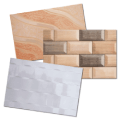
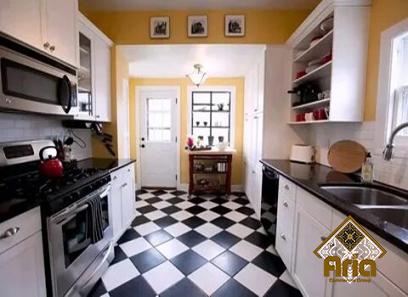
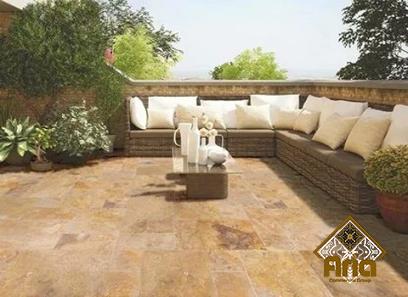
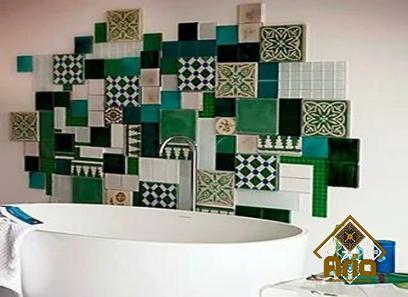
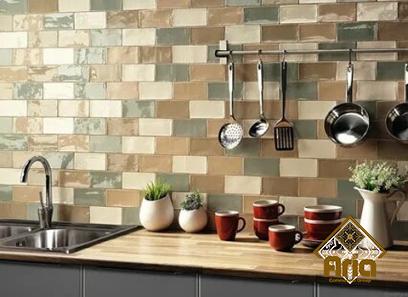
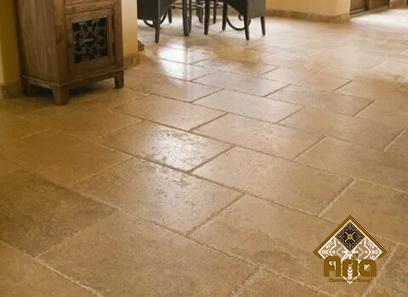
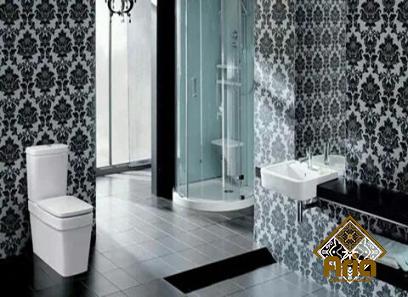
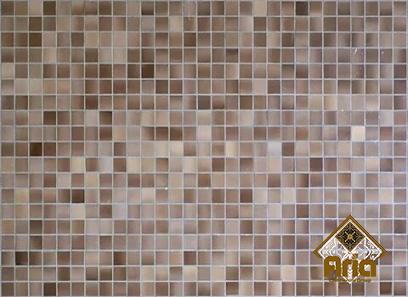
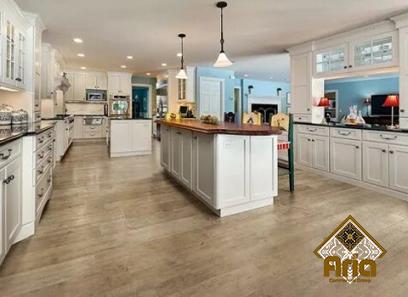
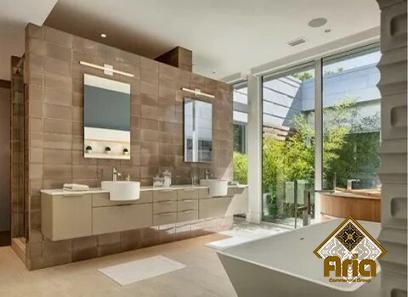
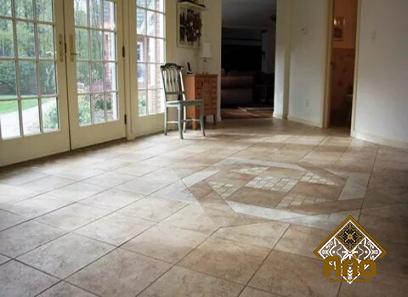
Your comment submitted.